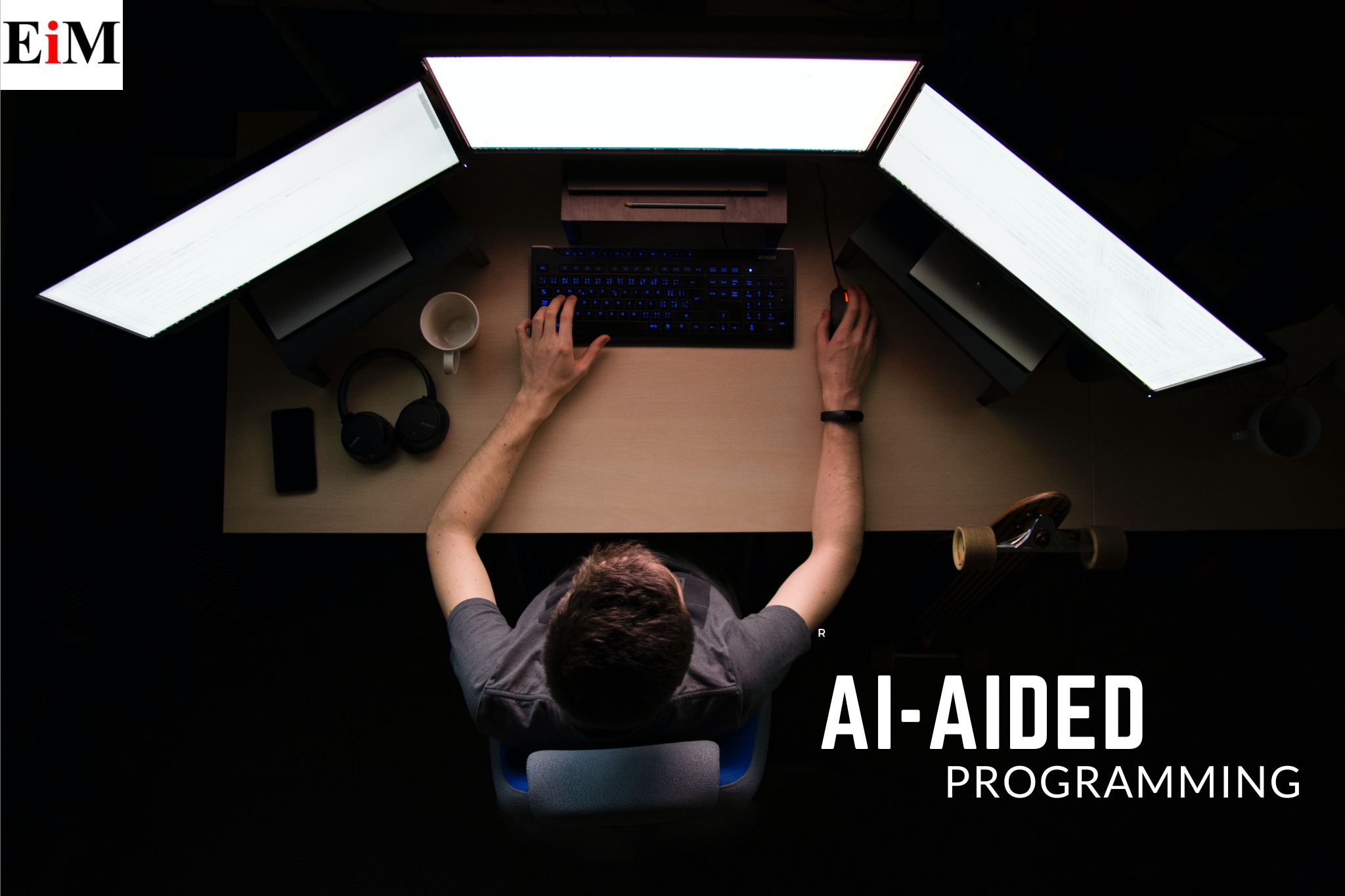
As artificial intelligence (AI) continues to transform numerous industries, the world of software development is not immune. AI-assisted programming tools and approaches have evolved, with the promise of streamlining and improving the coding process. Recent studies and real-world experiences show that engineers who use AI assistance frequently produce buggier code. In this article, we delve into the intricacies of AI-assisted programming, investigating the reasons that contribute to the growing occurrence of software flaws and considering alternative methods to minimize the challenges.
The Ascension of AI-Assisted Programming
With a variety of tools and platforms designed to augment human programmers, AI has made inroads into software development. These AI-assisted solutions promise to enhance productivity and accelerate the development lifecycle by providing a variety of functionalities, such as automatic code generation, code completion suggestions, and problem identification.
The ability of AI to analyze massive volumes of code, find patterns, and provide insights to developers is one of the key factors driving its growth in software development. As a result, more efficient and accurate coding is expected. Furthermore, AI can aid in the prediction of potential defects and vulnerabilities, consequently improving overall code quality.
The Paradox of Buggier Code
Despite the promises of AI in software development, researchers have discovered a paradox: engineers who rely significantly on AI support produce buggier code. Various elements contribute to this phenomenon:
- Over-Reliance on AI Tools: When AI-assisted programming tools are utilized arbitrarily, they can lead to overreliance. Developers may become reliant on AI-generated code without fully comprehending its underlying logic. As a result, they may miss potential defects or vulnerabilities introduced by naively implementing AI advice.
- Lack of Contextual Understanding: AI systems are supposed to evaluate trends and recommend solutions based on historical data. However, they lack a contextual awareness of the individual software project, its requirements, and the unique issues it may provide. The lack of context can result in incorrect code suggestions that are prone to problems.
- Inadequate Training Data: The usefulness of AI technologies is strongly based on the quality and diversity of training data. If the AI model is trained on a small or biased dataset, it may provide incorrect recommendations, leading to buggy code.
- Code Generation Complexity: AI-assisted code generation can be strong, but it can also be difficult. Complex functionality and architectures frequently necessitate intricate coding patterns and logical decisions, which AI may fail to fully comprehend, resulting in code that is prone to errors.
- Limited Feedback Loops: AI systems sometimes lack a feedback loop that allows developers to amend and improve AI-generated code. This means that flaws and bugs may go unnoticed until the testing phase, increasing the effort necessary for debugging.
- Ethical Considerations: AI-driven code production presents ethical considerations, notably in terms of openness and responsibility. If developers are not completely aware of the AI's involvement in code generation, they may struggle to troubleshoot and fix bugs, creating buggier software.
Addressing the Issues
While the paradox of buggier code in AI-aided programming is a big problem, it does not render AI tools obsolete. Instead, it advocates for a deliberate and cautious approach to their adoption. Here are some ideas for addressing the problems and fully utilizing the potential of AI:
- Comprehensive Training and Education: Developers should acquire comprehensive training and education on AI-assisted programming tools. Understanding the capabilities and limitations of AI tools will enable them to make educated decisions while maintaining a balanced reliance on AI-generated code.
- Contextual Analysis: Developers must rigorously assess AI-generated suggestions in the context of the individual software project. This entails considering project needs, limits, and potential repercussions before implementing AI-generated code.
- Access to Diverse and High-Quality Training Data: To enhance their accuracy, AI models require access to diverse and high-quality training data. Software development firms should invest in curating datasets that are relevant to the domain and context of their initiatives.
- Hybrid Approaches: By combining AI-aided programming with traditional coding approaches, greater outcomes can be obtained. Human interaction and inspection can help bridge the gap between AI-generated code and the detailed logic necessary in major software projects.
- Continuous Feedback and Improvement: AI systems should provide feedback loops that allow developers to report problems and offer changes. This iterative method will assist AI models in learning from real-world events, consequently improving their performance over time.
- Implementing Ethical AI: Companies that use AI in their development processes should stress openness and responsibility. Developers must be aware of AI's role in code generation and be taught to efficiently audit and troubleshoot AI-generated code.
Conclusion
AI-assisted programming tools have enormous promise for the software development industry, with the potential to increase code quality and expedite operations. The paradox of buggier code, on the other hand, emphasizes the need for a cautious and well-informed approach to AI implementation. Developers may harness the potential of AI in a way that leads to more efficient, reliable, and safe software development by recognizing the limitations of AI technologies and supplementing them with human experience.
The road to AI-driven software development is a never-ending one, and as technology advances, so will our understanding of its consequences and best practices. Developers may unlock the full potential of AI by striking a careful balance between AI assistance and human innovation, making it a useful friend in the pursuit of excellence in software engineering. We are here for your software development assistance. Feel free to contact us if you have any software development queries or need assistance with IT solutions. You can contact us at 406-646-2102 or email us at sales@excellimatrix.com.
Stay connected with us on LinkedIn and Facebook, and do follow us on Twitter for more information like this.